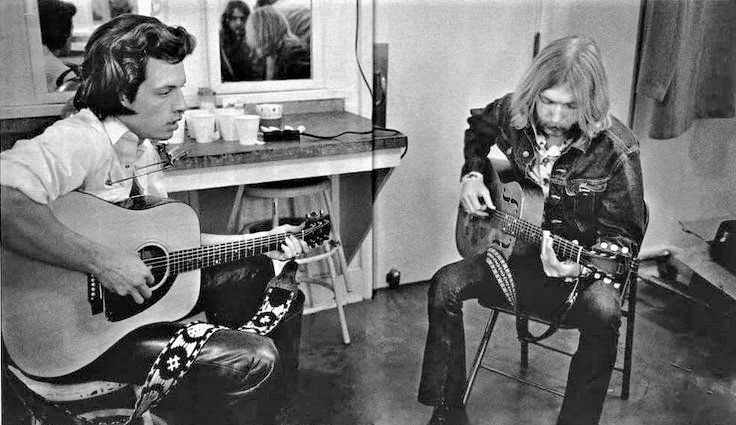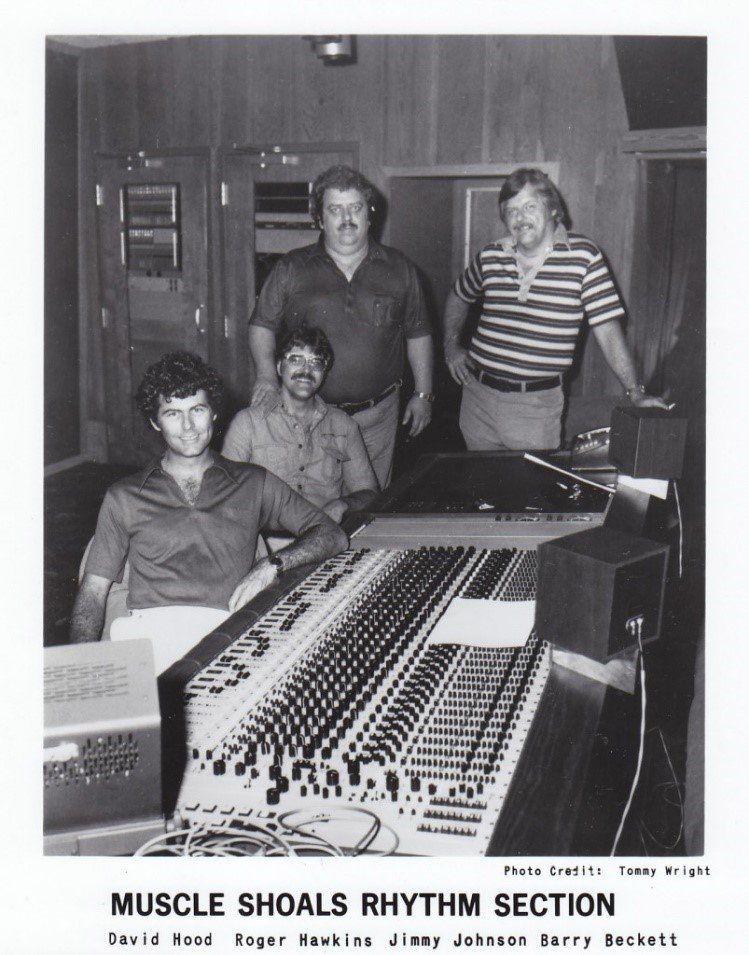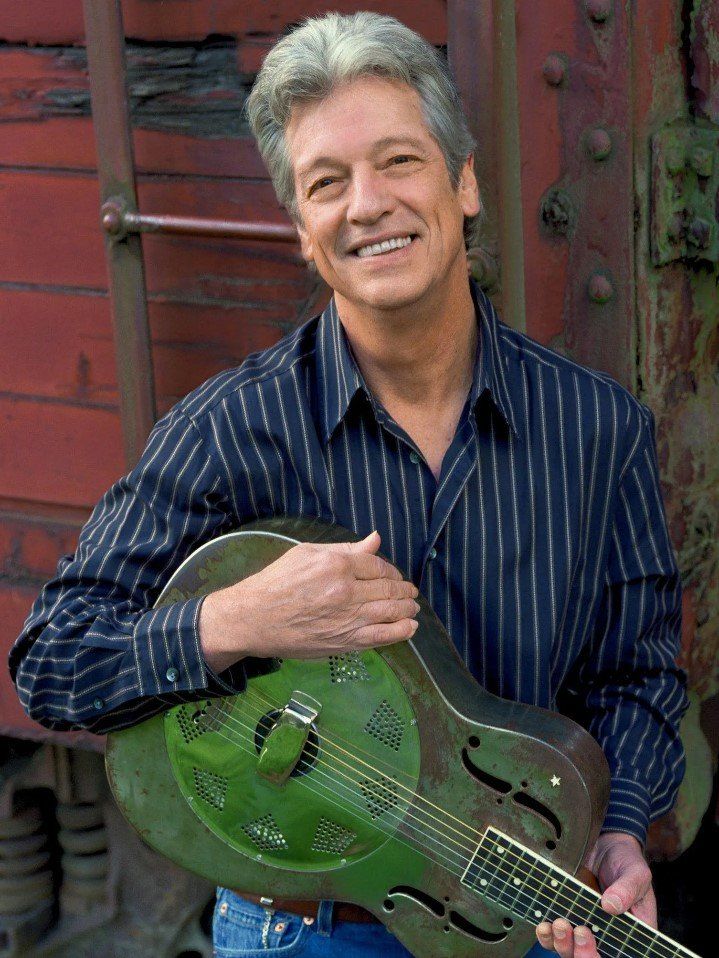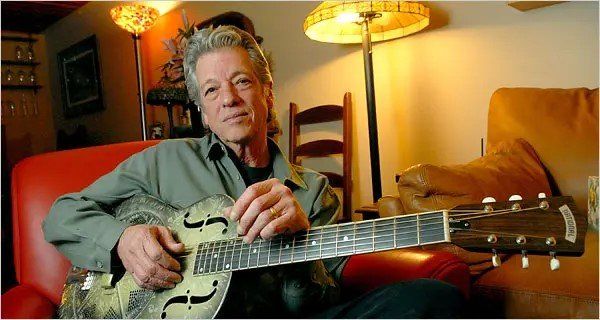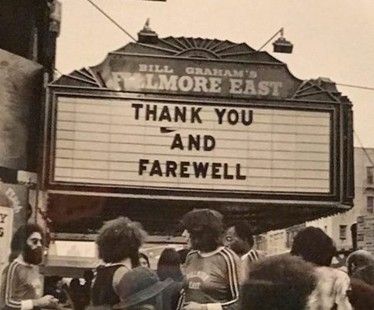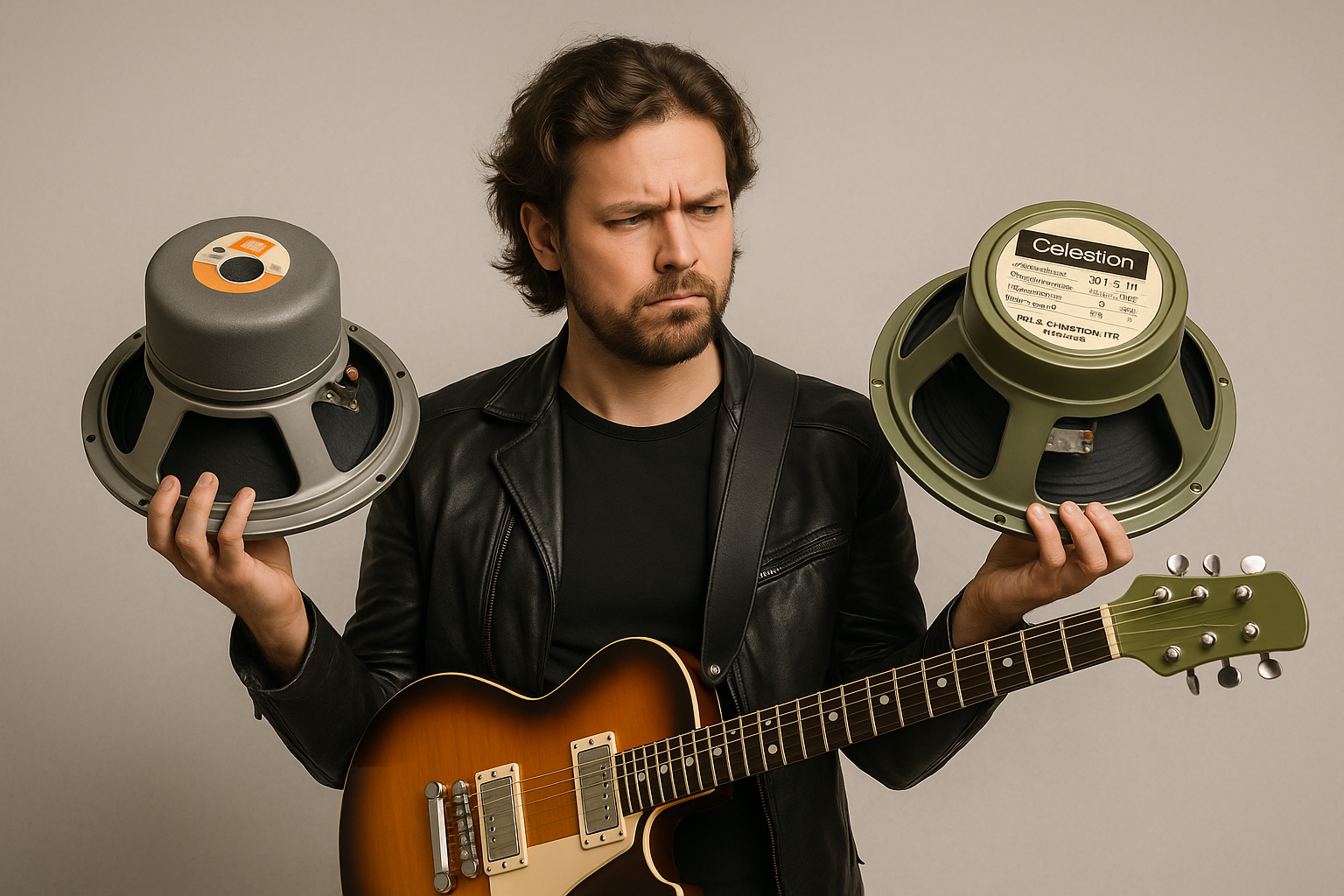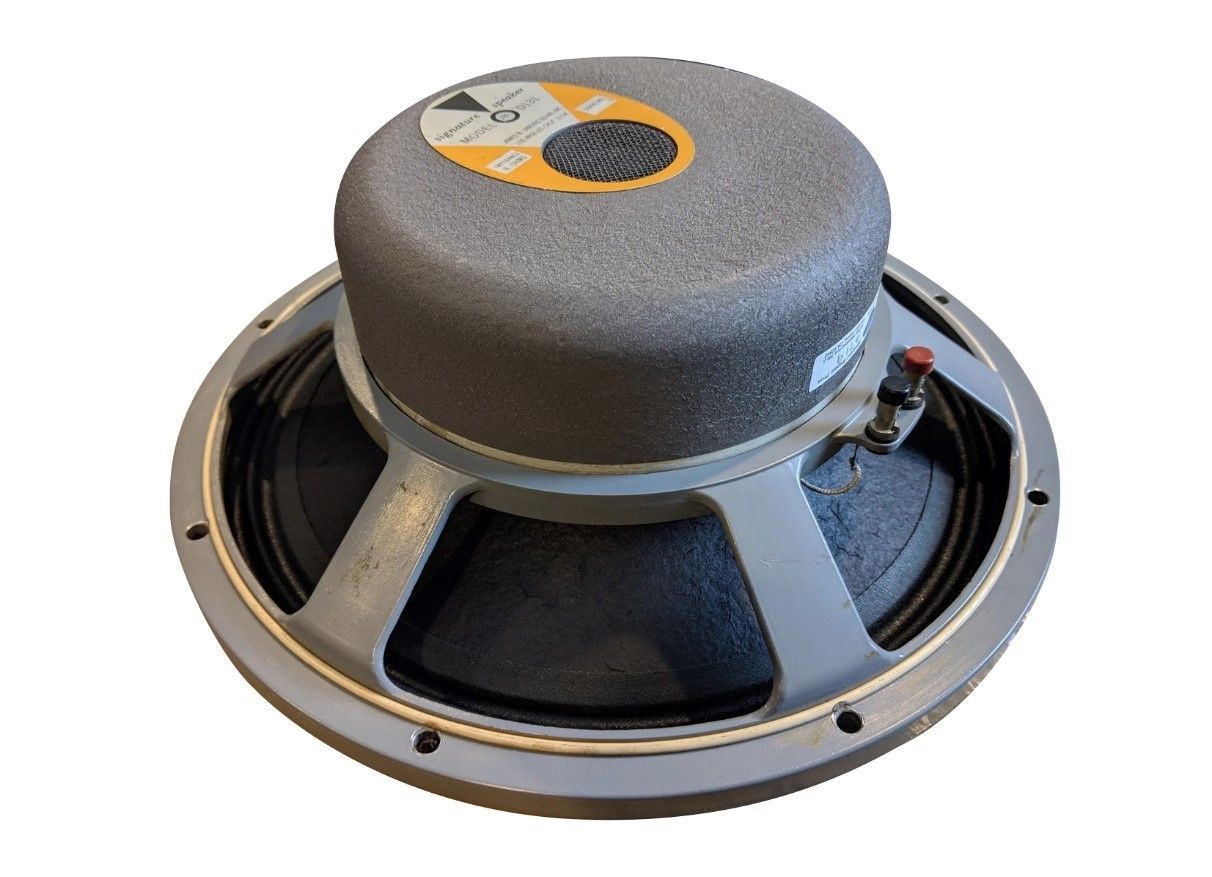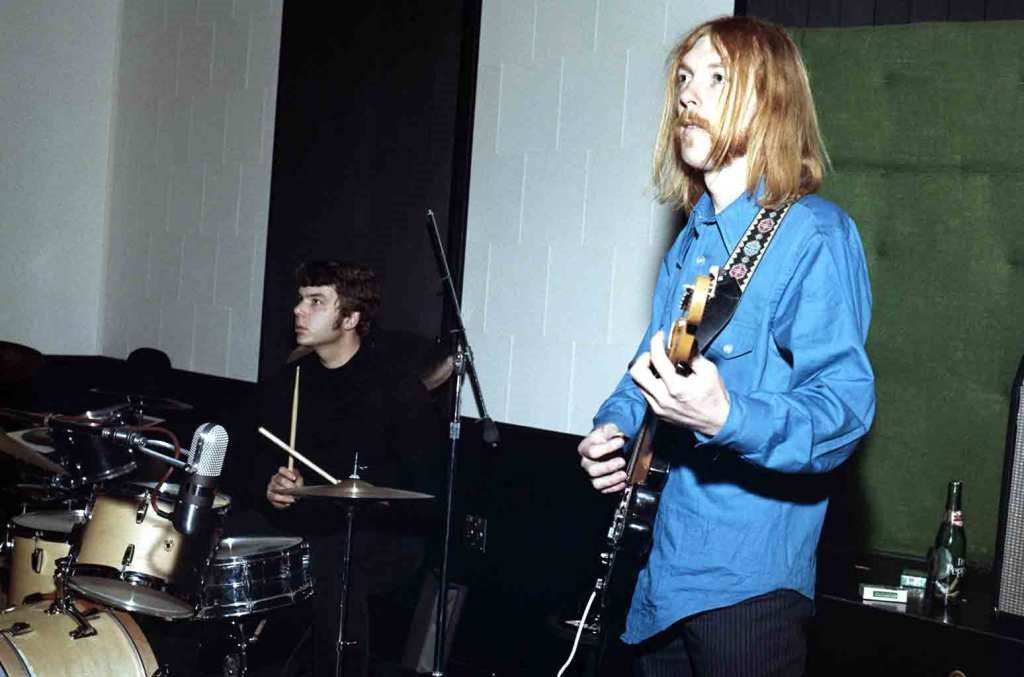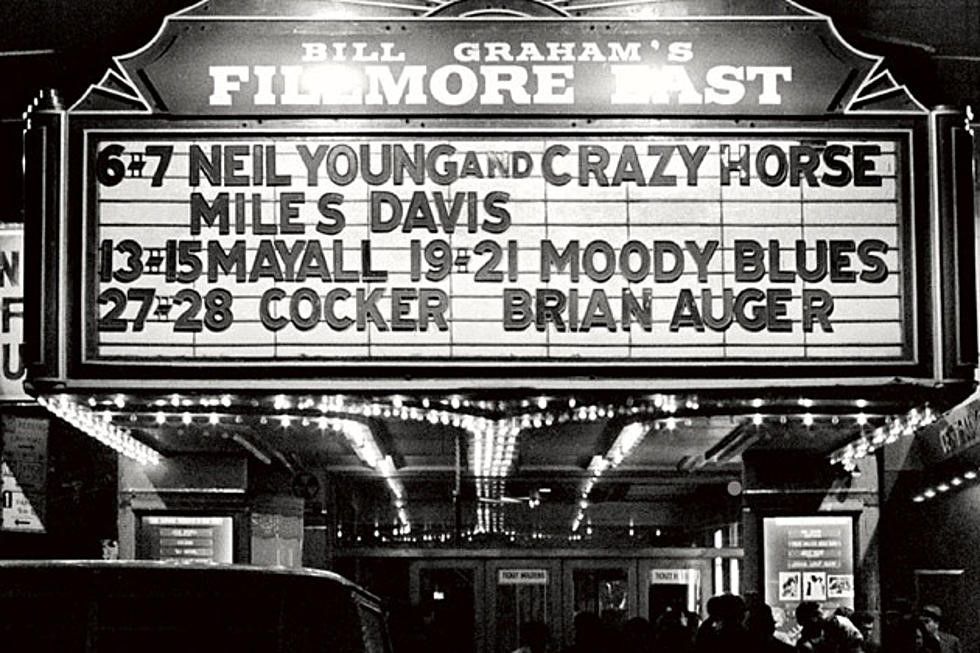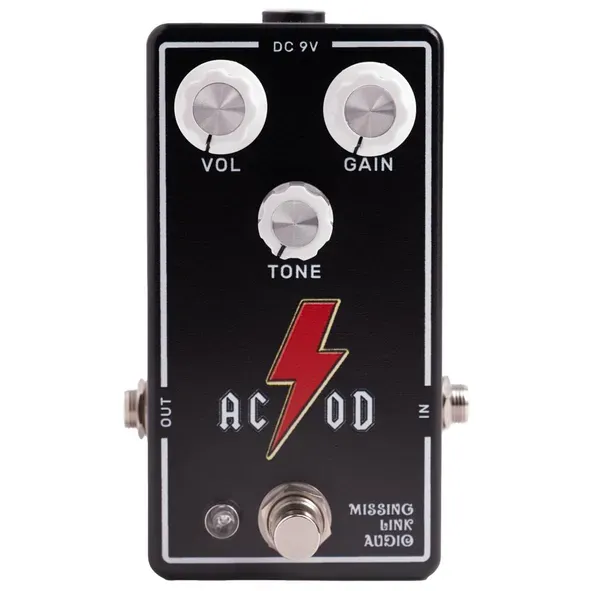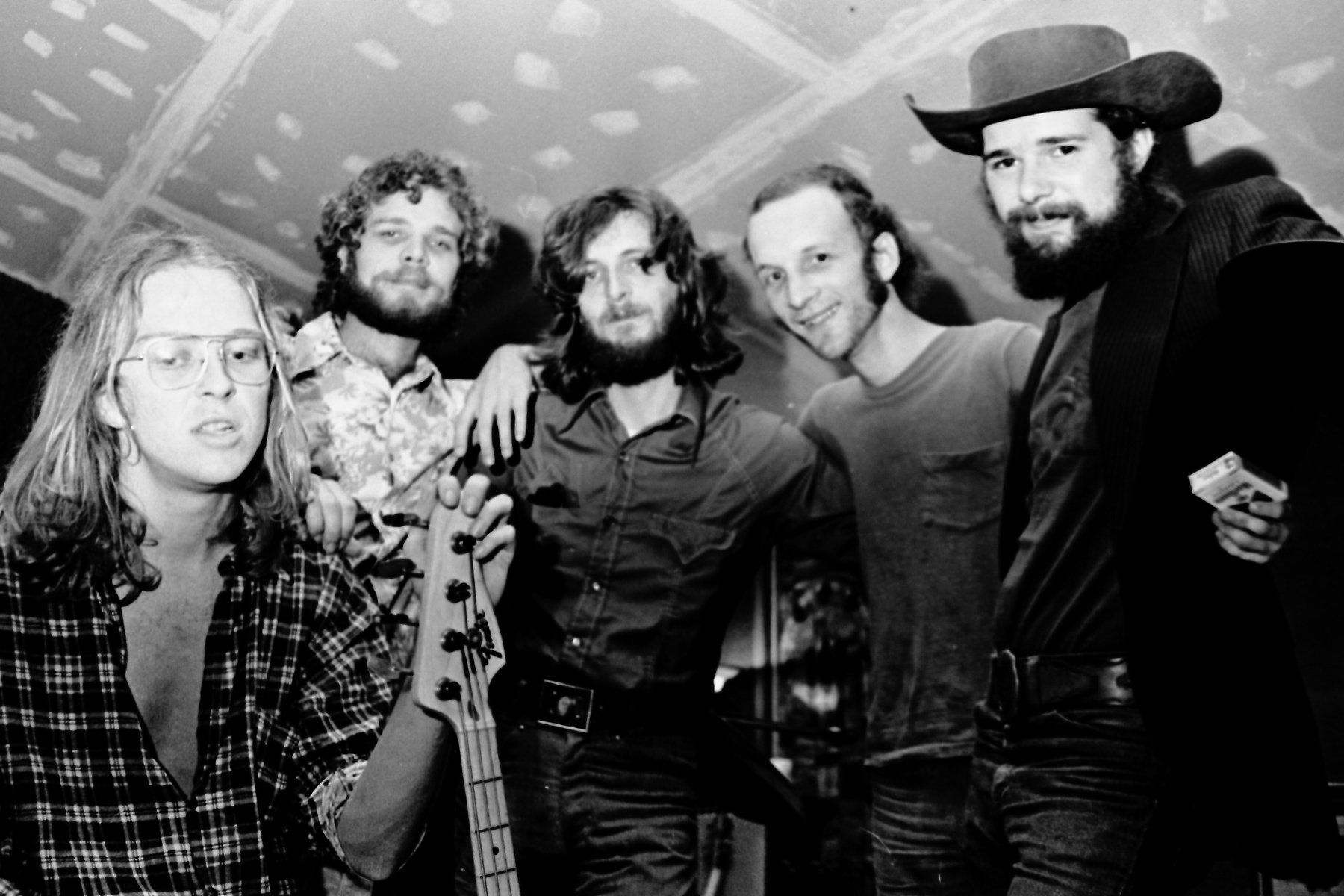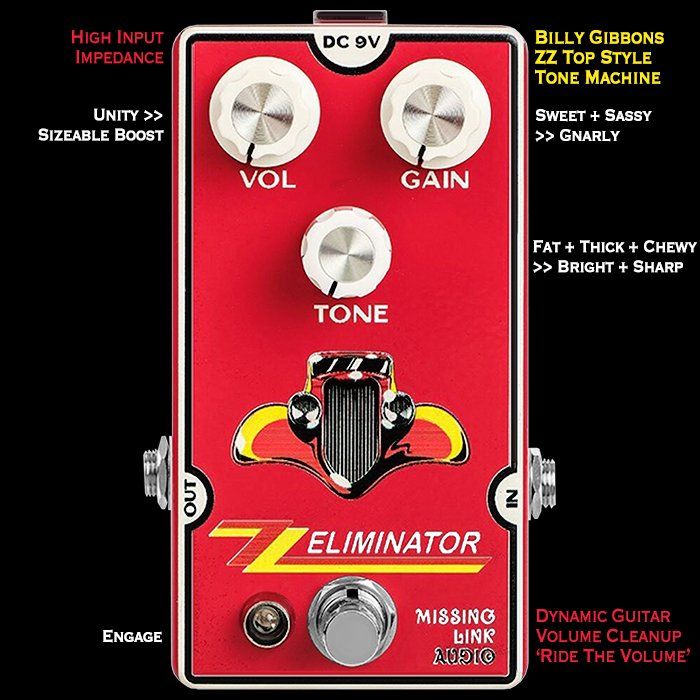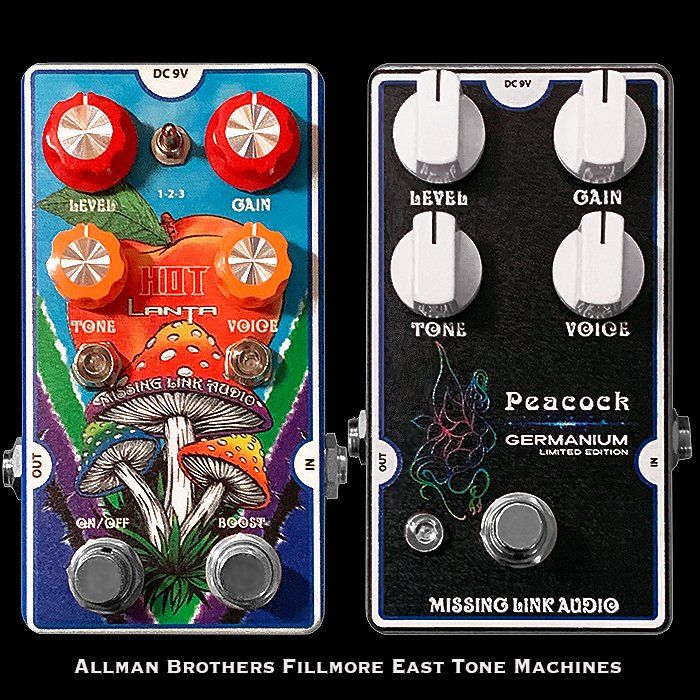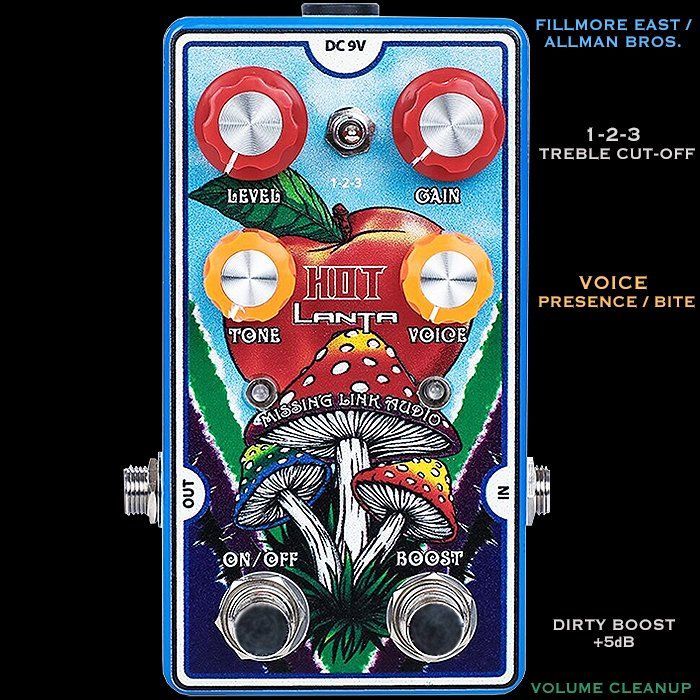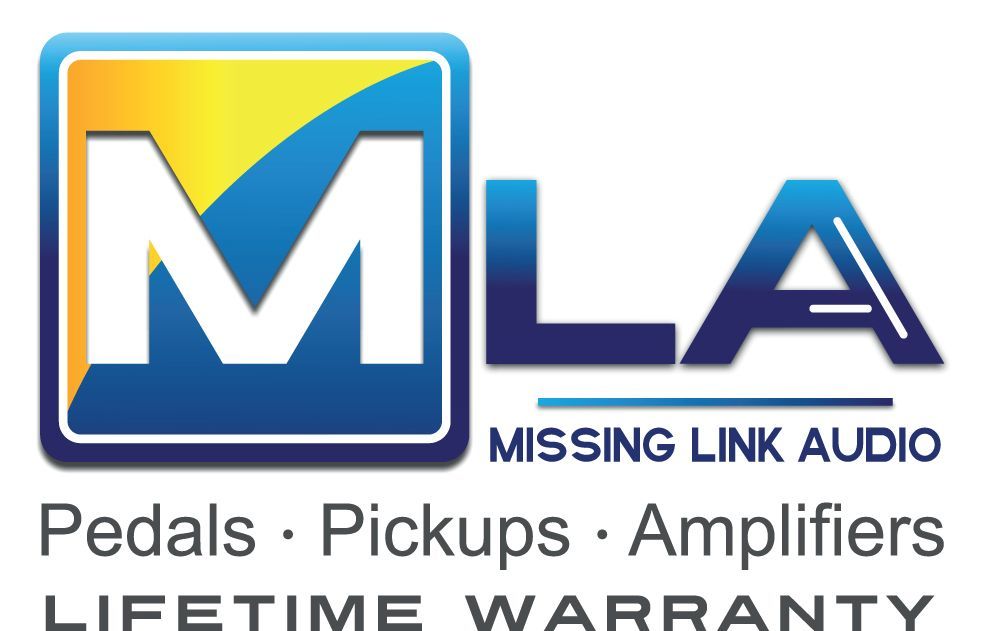Well, I was recording for Atlantic in Muscle Shoals Alabama. It was being produced by Marlin Green. The band was the guys who recorded behind Pickett and Aretha and all the crew. It was Eddie Hinton, Jimmy Johnson, David Hood, Roger Hawkins, the crew. And it had been going for about three days and we had cut some stuff, but I wasn't really feeling like they understood where I was coming from, you know. I was doing some Howling Wolf tunes and Muddy tunes. And they were doing their version of the songs not really taking my side of it somehow. I don't know how to explain that. But on the third day arrived this old milk truck with Duane Allman and Barry Oakley. And they drove from Macon to be there. And because Duane wanted to meet this John Hammond guy because he had a recording of mine.
And all of a sudden everybody said, “Hey Duane, how are you doing man” … They admired him so much. And I had never heard of him, so I didn't know anything. And all of a sudden, he said, “Man I'd love to play on your record”. And I said, okay.
Was your first impression, who is this guy to ask me to play on my record?
Well, he was hard to miss. I mean he was in your face. And I remember he had a gray t-shirt on that said City Slickers on it. And he was right out there. And he played great. And that was all it took. And he just blew everybody's mind. And then all of a sudden, the band understood exactly what I meant for the last three days, he was just a catalyst, he brought it all together. We became friends immediately.


